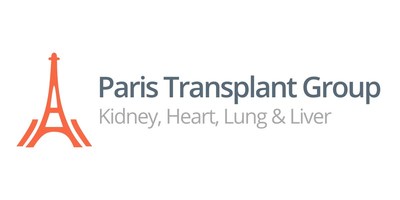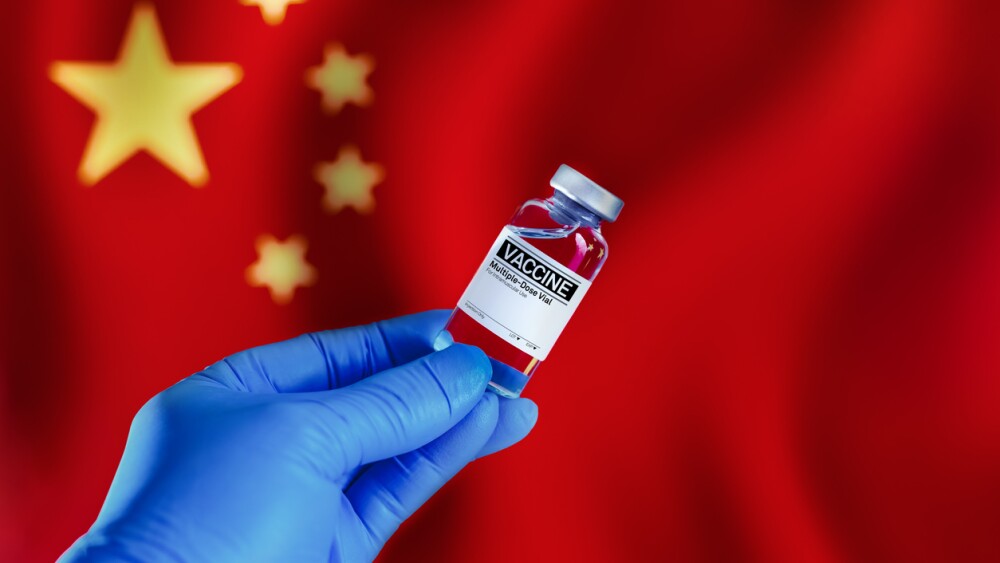Nearly 5,000 people in the US and 3,500 people in Europe die each year while waiting for a kidney transplant. Yet in the US, over 3,500 donated kidneys are discarded annually.
| PARIS, Aug. 26, 2019 /PRNewswire/ -- Nearly 5,000 people in the US and 3,500 people in Europe die each year while waiting for a kidney transplant. Yet in the US, over 3,500 donated kidneys are discarded annually. Today, the Journal of the American Medical Association (JAMA) Internal Medicine published the data obtained by an international team of kidney transplant specialists comparing the use of donated kidneys in the US to France from 2004-2014, using a new approach based on validated analytic methods and computer simulation. The results revealed that French transplant centers are far more likely to transplant donated kidneys from older kidney donors compared to their US counterparts.
“These findings are striking and could transform US transplantation practice, leading to thousands of American patients with kidney failure reaping major health benefits,” said Dr Peter Reese, Associate Professor of Medicine and Epidemiology at the University of Pennsylvania. “This study is the first to use real-world data analysis supported by computer-based simulated algorithms to tackle this question of how different countries make use of donated kidneys.” “This international comparison of organ acceptance patterns reveals a major lost opportunity for the US to make use of many more viable kidneys from organ donors who are older or have comorbidities,” said Pr. Alexandre Loupy, nephrologist at the Department of Nephrology and Kidney Transplantation at Necker Hospital in Paris and Head of the Paris Transplant Group. “In the context of the recent executive order announced by the White House regarding kidney transplantation practices, we are confident that these results will encourage valuable debate and needed changes to the U.S. system.” This analysis builds on the long-standing tradition of utilizing international comparisons to identify best practices for treating patients with chronic conditions. The results show that the approach to kidney allocation and organ use in France would be highly efficient if applied in the US:
“This redesigned allocation system would bring huge benefits for the patients - longer lives, better living conditions,” said Dr Olivier Aubert, Assistant Professor at the Paris translational Research Center for Organ Transplantation, INSERM, France. “As most of the waitlisted kidney transplant candidates are on costly dialysis, it would also allow the US healthcare system to achieve enormous savings in the near future.” The lack of organs for kidney transplantation is a major public health problem across the world, due to its attributable mortality and excess cost to healthcare systems while waitlisted patients are maintained on chronic dialysis. It is a major concern for many, including patients, professional societies, organ procurement organizations, the federal government and payers. About the Paris Transplant Group The Paris Transplant Group is an active network of highly recognized medical doctors and professors from the major Paris Hospitals, specialized in all aspects of organ transplantation. Its global aim is to accelerate the translation of immunological and gene expression discoveries into the clinical field of transplantation by filling the gap between basic science and applied biomedical researches. It is developing a personalized approach of transplant medicine that will integrate multidimensional information deriving from classical histology and biology, clinical science together with novel information coming from ground breaking technologies in immunology, molecular biology, genetics and biomarkers. More information on www.paristransplantgroup.org. Contact – Press relations
SOURCE Paris Transplant Group |





